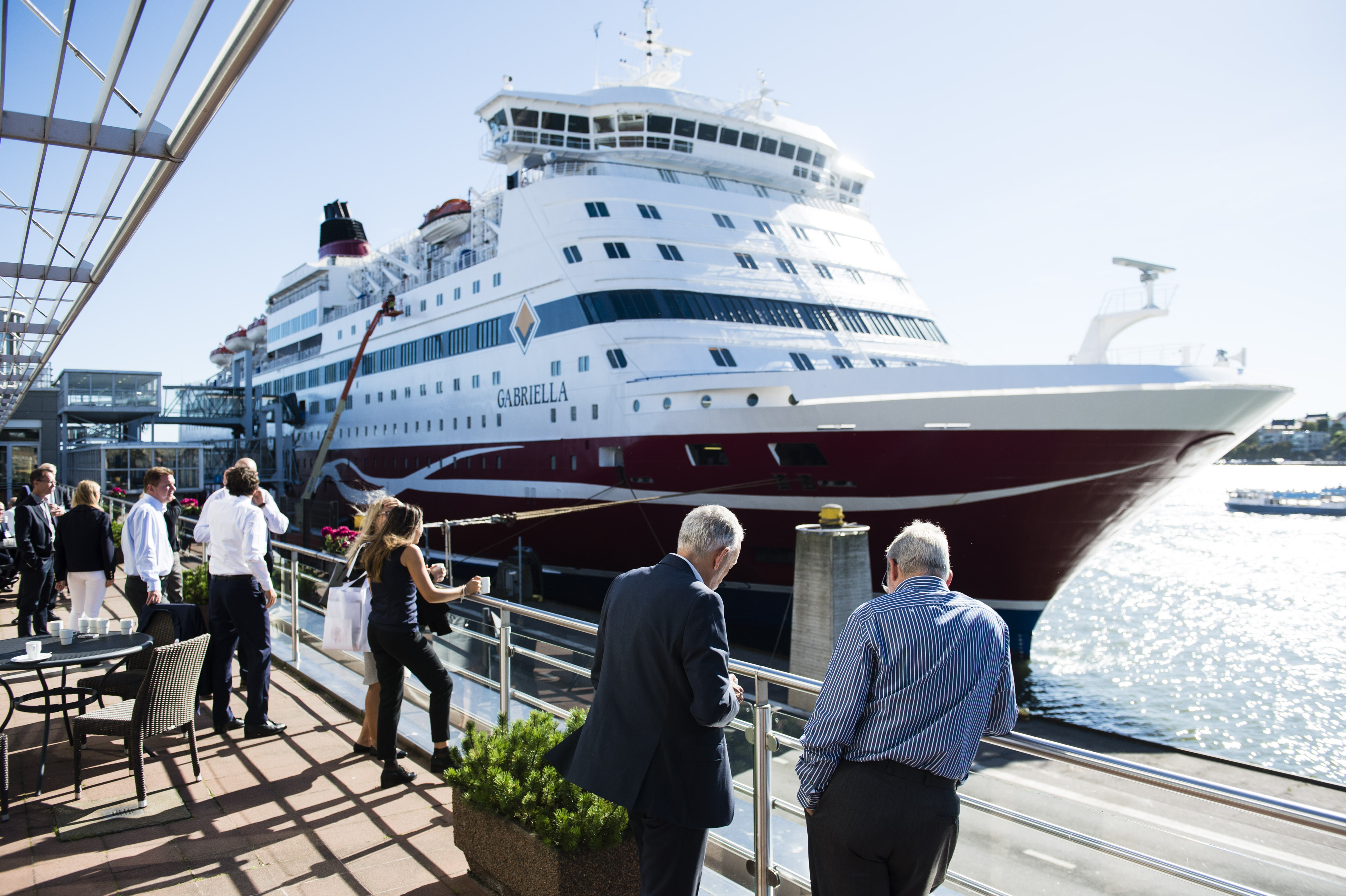DAY II: Baltic as a model region for green ports
This year’s Baltic Ports Conference, held in Helsinki on 8-9 September, saw the BPO present Baltic region’s achievements in the area of sustainability and underscore its position as a model region for the rest of the European Union. The BPO calls out to politicians, policy makers and industry organizations to work together in order to share these accomplishments and standards with ports and maritime stakeholders from other regions within the EU.
 The Baltic is a very prosperous region and maritime transport has significantly contributed to its prosperity.
The Baltic is a very prosperous region and maritime transport has significantly contributed to its prosperity.
The Baltic Sea is one of the most heavily trafficked seas in the world, accounting for up to 15% of the world’s cargo transportation. Baltic ports have become crucial nodes in the international flow of goods and key wealth generators. In 2015 the total port turnover in the Baltic countries amounted to 870.0 mln tonnes,
The Baltic’s ecological state and biodiversity are threatened by eutrophication resulting from human activities. The environmental challenges facing the Baltic have been known for a long time and are very well researched. There is a strong scientific evidence identifying the factors causing these problems. One of these factors, though not dominant, is extensive trade between well-developed surrounding countries, which creates a demand for transport services including maritime transport.
A clean Baltic Sea is the common goal of all countries from the Baltic region. In order to reduce the impact of maritime transport on the Baltic eco-system, several environmental regulations have been introduced in the Baltic and Northern Europe, including SOx and NOx emission limits.
Moreover, the Baltic Sea is the first region in the world to be designated by the IMO as a special area for sewage.
Following IMO’s decision, all IMO registered passenger vessels sailing the Baltic Sea, will be obliged to discharge all sewage at port reception facilities (PRFs) or treat it with on-board equipment. These requirements will apply earlier for ships built on or after 2019.
In order to comply with these specific regulations and voluntarily reduce the impact of maritime transport on environment, Baltic ports and shipping lines have implemented, with great success, several technological and managerial solutions.
These solutions include the development of reception facilities for waste and sewage from passenger ships (already available and planned) as well as a “no special fee” system, regional approach regarding the development of LNG bunkering and Onshore Power Supply facilities and environmentally differentiated port charges applied by some ports.  There are also many examples of cooperation projects between the Baltic ports and other stakeholders focusing on “greening” the maritime transport. Bogdan Ołdakowski, BPO Secretary General said: “Based on many years of experience in the field of environmental management, Baltic ports can present a set of good practices that can be followed by other European ports. The regionally developed co-operation approach may be applied to other regions in the European Union. It doesn’t mean that our work in the area of sustainability is done but many Baltic ports have achieved a lot and we wish to share these accomplishments with the rest of the EU ”.
There are also many examples of cooperation projects between the Baltic ports and other stakeholders focusing on “greening” the maritime transport. Bogdan Ołdakowski, BPO Secretary General said: “Based on many years of experience in the field of environmental management, Baltic ports can present a set of good practices that can be followed by other European ports. The regionally developed co-operation approach may be applied to other regions in the European Union. It doesn’t mean that our work in the area of sustainability is done but many Baltic ports have achieved a lot and we wish to share these accomplishments with the rest of the EU ”.
The BPO is aware of specific environmental features of the Baltic Sea and fully supports efforts to keep the Baltic Sea clean. However, the BPO is of the opinion that level playing field in maritime transport should be applied in all of Europe. Therefore, the BPO is willing to work together with politicians, policy makers and industry partners to share these successes and Baltic standards, so that the same rules and regulations can applied in all of EU’s seas and ports.
A detailed paper on compliance with regulations and advances made in the Baltic region in the area of sustainable environmental solutions in maritime transport is available in the report: “The Baltic Sea as a model region for green ports and maritime transport”, published by the BPO.
![Baltic Ports Organization]](/assets/template/img/bpo/logo.png)